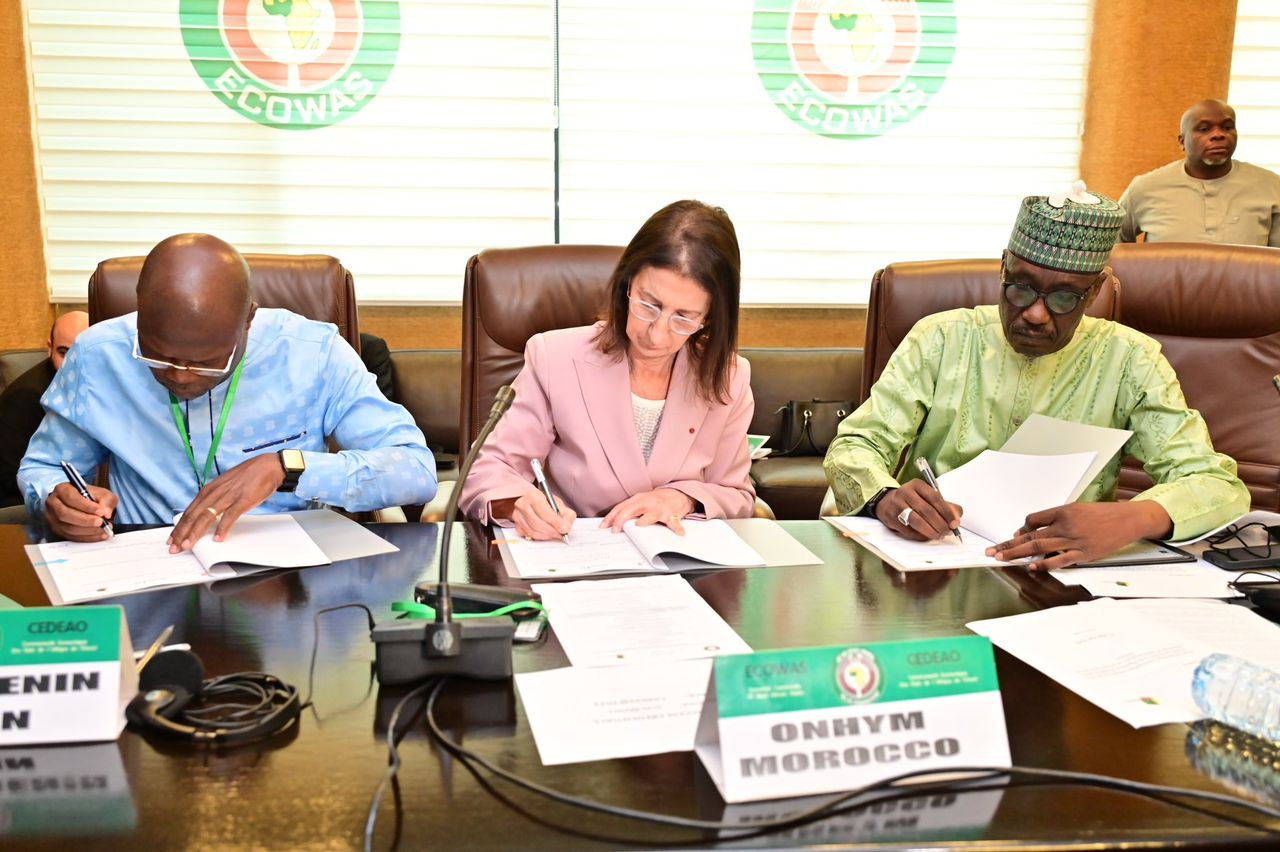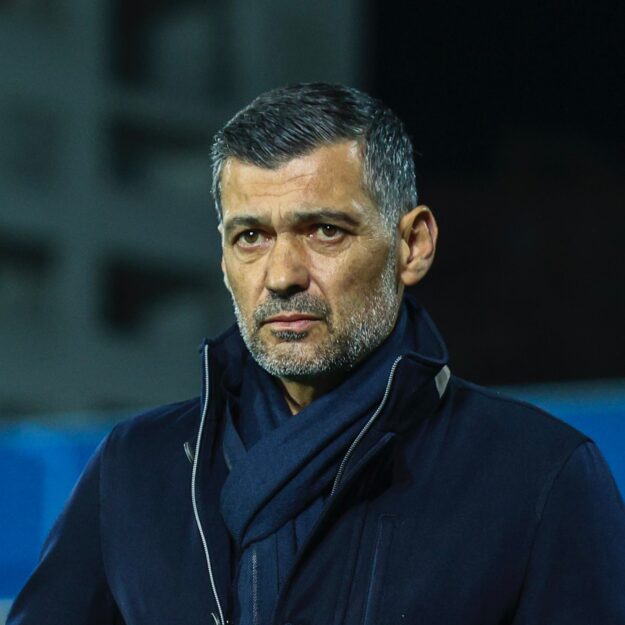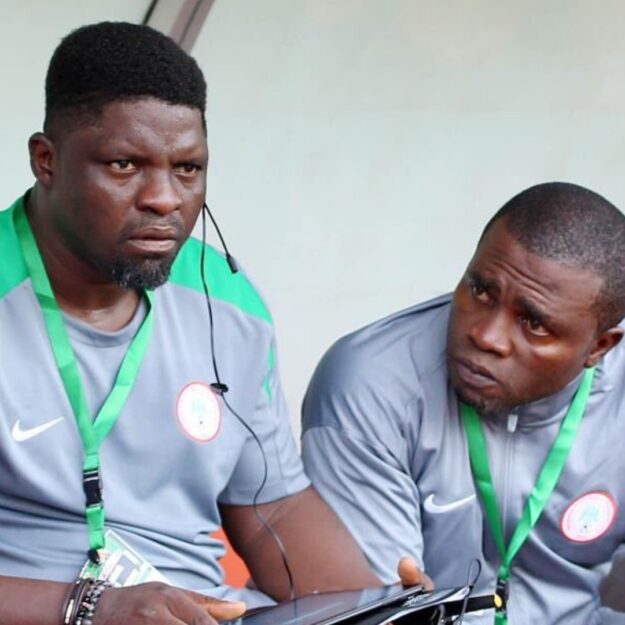
*As NNPCL continues drive to maximise returns on gas resources
Emmanuel Addeh in Abuja
The Nigerian National Petroleum Company Limited (NNPCL), on behalf of the federal government, yesterday signed Memoranda of Understanding (MoU) with four African countries – Cote d’Ivoire, Liberia, Benin Republic and Republic of Guinea – on the Nigeria-Morocco Gas Pipeline Project (NMGP).
The NMGP is 5,600 kilometres long, traversing 13 African countries, including Nigeria, Benin, Togo, Ghana, Cote d’ lvoire, Liberia, Sierra Leone, Guinea, Guinea Bissau, Gambia, Senegal, and Mauritania.
Essentially, the project is an initiative of the federal government and the Kingdom of Morocco and was conceived during the visit of King Mohammed VI of Morocco to Nigeria in December 2016.
It is aimed at monetisation of Nigeria’s over 206 Trillion Cubic Feet (TCF) natural gas resources, thereby generating additional revenue for the country, diversifying the country’s gas export routes and eliminating gas flaring.
In addition, the about 7,000 kilometres line which will assist in supplying gas to Morocco, 13 other African countries and Europe, will originate from Brass Island (Nigeria) and terminate in North of Morocco, where it will be connected to the existing Maghreb European Pipeline (MEP).
Aside the NNPCL, which signed on behalf of Nigeria, other participating parties during the MoU signing yesterday included The Office National des Hydrocarbures et des Mines (ONHYM) of Morocco, the Société Nationale des Opérations Pétrolières of Cote d’Ivoire (PETROCI), the National Oil Company of Liberia (NOCAL), the Société Nationale des Hydrocarbures of Benin (SNH-Benin), and the Société Nationale des Pétroles of the Republic of Guinea (SONAP).
Speaking during the event which held at the headquarters of the Economic Community of West African States (ECOWAS) in Abuja, on the sidelines of the first steering committee meeting of the project, the Group Chief Executive Officer of the NNPCL, Mele Kyari, noted that the initial work for the project had reached advanced stage.
Kyari explained that the progress so far made was a clear demonstration of the commitment of the host governments, the ECOWAS Commission, and the National Oil Companies (NOCs) to deliver on the strategic project, as well as create wealth and value for participating countries.
“We are pleased to note that currently the Front End Engineering Design (FEED) phase II study is over 70 per cent and the tendering process for the Surveys, Environmental and Social Impact Assessment (ESIA), as well as Land Acquisition & Resettlement Policy Framework (LARPF) are on track with clear visibility into project funding,” he stated.
He thanked the Nigerian government for entrusting NNPC Ltd with the strategic project, assuring that it will help support the new government’s economic growth projection.
“As a commercial enterprise, NNPC Ltd sees this project as an opportunity to monetise Nigeria’s abundant hydrocarbon resources, by expanding access to energy to support economic growth, industrialisation, and job creation across the African continent and beyond,” he added.
Kyari stressed that the collective decisions and actions guided by members’ shared vision would extend far beyond gas supply to spur prosperity and economic integration among the nations.
Also, the ECOWAS Commissioner for Infrastructure, Energy and Digitisation, Mr Sédiko Douka, stated that the ECOWAS member states were fully committed to the project.
As proof, Douka noted that the statutory bodies of ECOWAS had ratified the decision to merge the planned West Africa line and the Nigeria-Morocco projects into a single one while MoUs had been signed between the project promoters.
The gas pipeline project, he said, is of paramount importance for the region, as it will help strengthen its electricity production and generation capacity, stimulate industrial and agricultural development, and contribute to the energy transition by using a source of energy that is cleaner than other fossil fuels.
He explained that this is even more necessary given that, as part of the planning of ECOWAS’s regional power generation and transmission facilities up to 2033, it has emerged that gas-fired power plants will account for 42 per cent of the region’s installed capacity.
“It is therefore vital to establish all the necessary strategies now to guarantee the region’s supply of natural gas, and thus meet the challenges of the future,” he explained.
Douka assured all stakeholders of ECOWAS’ readiness to make its full contribution to the development of the project, and to spare no effort to ensure its success.
Also speaking, the Director General of ONHYM, Amina Benkhadra said the gathering represented a progressive step in ensuring social and economic development through energy security and accessibility geared towards attaining total development of Africa by Africans.
Yesterday’s signing event was similar to those already carried out with ECOWAS, Mauritania and Senegal, as well as The Gambia, Guinea-Bissau, Sierra Leone, and Ghana.
You may be interested

Amorim Equals Unwanted Record After Man United 2-0 Defeat To Newcastle
Webby - December 30, 2024Ruben Amorim equalled an unwanted record following Manchester United’s 2-0 defeat to Newcastle United in Monday’s Premier League at Old…

Chukwueze Gets New Coach At AC Milan
Webby - December 30, 2024Samuel Chukwueze will play under a new coach at AC Milan following the appointment of Sérgio Conceição.Milan confirmed Conceição’s appointment…

NPFL: Enyimba Unveil Brown Ideye
Webby - December 30, 2024Enyimba have announced the signing of former Super Eagles striker Brown Ideye, reports Completesports.com.Ideye previously trained with Rivers United but…















![American Pastor, David Wilson Seen Eating The Box Of Woman Who Isn’t His Wife [Video]](https://onlinenigeria.com/wp-content/uploads/2019/10/american-pastor-david-wilson-seen-eating-the-box-of-woman-who-isnt-his-wife-video-150x150.jpg)









